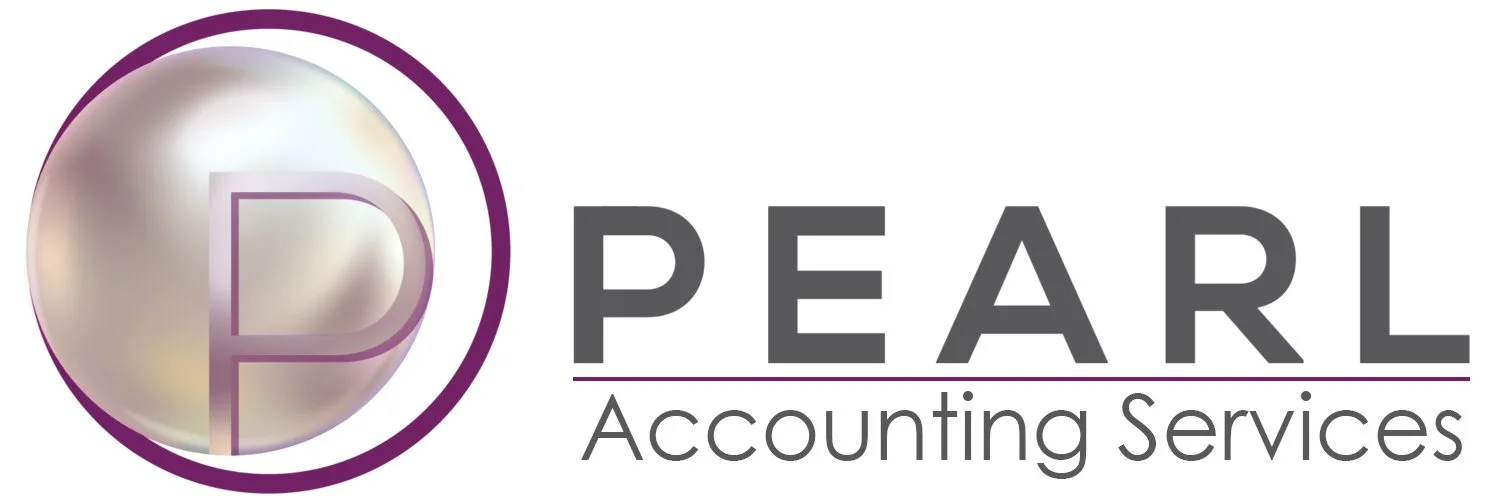Do you know what books need to be kept?
(This is an excerpt from https://www.hiscox.com/blog/business-bookkeeping-101-what-every-small-business-owner-needs-know, written by Kathleen Moore, and shared with appreciation.)
You may be having someone else crunch the numbers, but your own business savvy should extend to a rudimentary understanding of your books. Here’s an overview of the things you should track:
Revenue - Any income derived by your business through its services or sales is considered revenue. This is the money that comes in the door. It has a lot of places to go.
Assets - These are the physical items or resources that are owned by your company. Their cash value should be assessed and documented, along with their proposed use, their date of purchase, their price, and any estimated depreciation. Typical assets include unsold inventory, equipment, office furniture, and office buildings.
Assets are not just physical, however. For a small or start-up business, it’s critical to keep tabs on accounts receivable – an asset that can quickly become a liability. Defined as “all the revenue a business has earned but has not yet collected,” these accounts represent the bills that others owe your business. Savvy business owners should always monitor vendors who generate large bills – pre-emptively offering credit repayment plans when circumstances merit – so that the promise of this asset delivers. Find out more about how accounts receivable work.
Liabilities - These are the items or resources that your business uses but does not entirely own. They are the loans, credit purchases, and bills (accounts payable) that in debt you to suppliers, banks, lenders, or other vendors. If your jelly and jam company purchases large amounts of Maine blueberries to produce your product, you may open a line of credit with that the blueberry farmer to keep pace with a sometimes outsized purchase. Find out more about how accounts payable work.
Expenses - Every cost your company incurs daily to provide services or produce goods is considered an expense, including rent, utilities, and employee compensation. Documentation of expenses can range from cash register tape receipts to bank account statements, credit card statements, invoices, and electronic funds transfer slips.
Equity - After all accounts have been assessed and updated, your equity account will tell you how much of your business remains in your ownership. Your assets are equal to your liabilities plus your equity, so it’s the business equivalent of your personal net worth.
